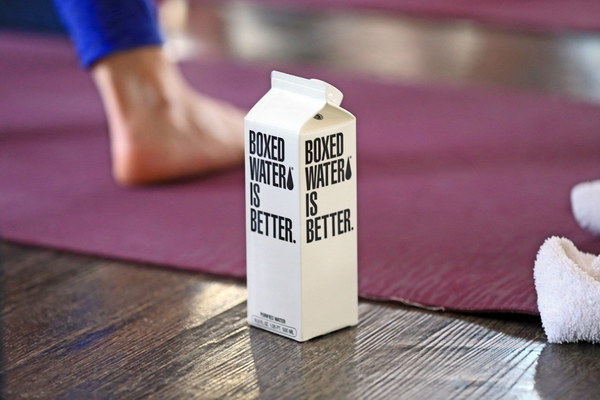Nurturing Your Health A Journey to Swift Recovery
In the midst of the hustle and bustle of daily life, it's easy to overlook the importance of taking care of our bodies. Whether we're battling a lingering illness or recovering from an injury, the road to wellness is often a challenging one. However, by focusing on nurturing our health, we can pave the way for a swift recovery. In this article, we will explore the significance of self-care and provide practical tips to help you on your journey to recovery.
First and foremost, it's crucial to acknowledge the power of positive thinking. A positive mindset can significantly impact your recovery process. When you believe in your ability to heal, you're more likely to take the necessary steps to achieve that goal. Surround yourself with supportive individuals who uplift and encourage you, and remember to practice gratitude daily. Gratitude can help shift your focus from what you lack to what you have, fostering a sense of well-being and resilience.
Adequate rest is another essential component of recovery. Your body requires time to heal, and sleep is a vital part of this process. Make sure to get between 7-9 hours of quality sleep each night. Establish a relaxing bedtime routine that promotes relaxation, such as reading, taking a warm bath, or practicing meditation. Avoid stimulants like caffeine and electronic devices before bed, as they can interfere with your ability to fall asleep and stay asleep.

Diet plays a significant role in the healing process. Consuming a balanced diet rich in nutrients will provide your body with the building blocks it needs to recover. Focus on incorporating a variety of fruits, vegetables, whole grains, lean proteins, and healthy fats into your meals. Hydration is also crucial; drink plenty of water throughout the day to support your body's natural healing processes.
Exercise, while it may seem counterintuitive during the recovery phase, can actually accelerate the healing process. Low-impact activities such as walking, swimming, or gentle yoga can help increase blood flow, reduce inflammation, and improve overall well-being. Consult with your healthcare provider before beginning any new exercise regimen to ensure that it is appropriate for your condition.
Stress management is also a vital aspect of recovery. Chronic stress can weaken your immune system and impede the healing process. Techniques such as deep breathing, mindfulness, and progressive muscle relaxation can help you manage stress levels. Additionally, consider engaging in hobbies or activities that bring you joy and relaxation.
Support from friends, family, and healthcare professionals is invaluable during the recovery process. Communicate your needs and limitations to those around you so they can offer the appropriate support. Joining support groups can also provide you with a sense of community and encouragement, as you share experiences and advice with others who are facing similar challenges.
Lastly, be patient with yourself. Recovery is a process that takes time, and setbacks are a natural part of the journey. Avoid comparing your progress to others and focus on your own healing journey. Celebrate small victories and be gentle with yourself when faced with setbacks.
In conclusion, nurturing your health is essential for a swift recovery. By adopting a positive mindset, prioritizing adequate rest, maintaining a balanced diet, incorporating gentle exercise, managing stress, seeking support, and being patient, you can enhance your chances of achieving optimal health and well-being. Remember, recovery is a unique journey for each individual, and with dedication and determination, you can overcome any obstacle and emerge stronger and healthier than before.









